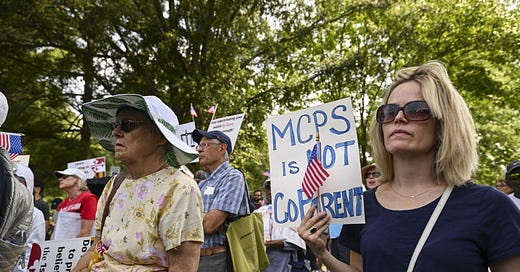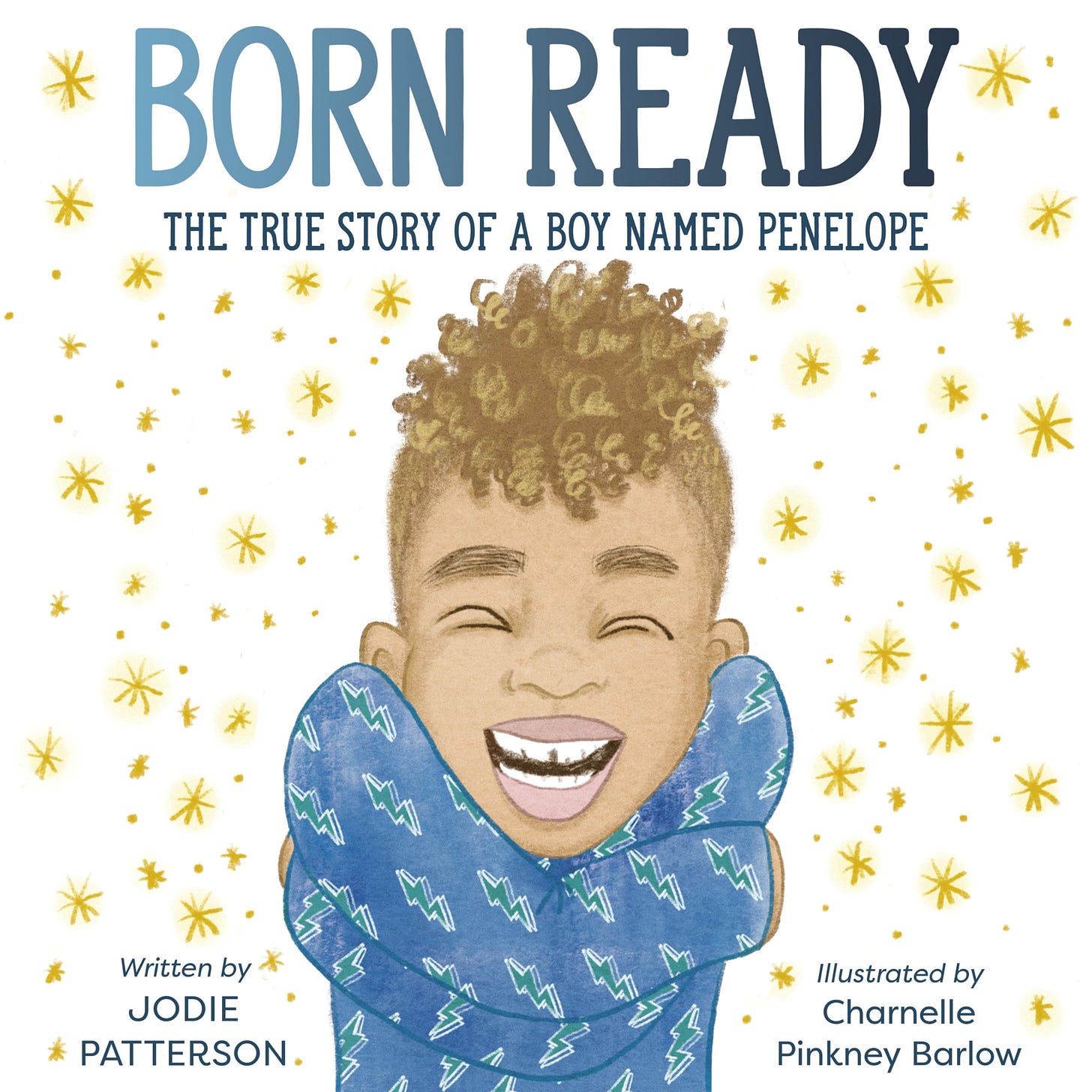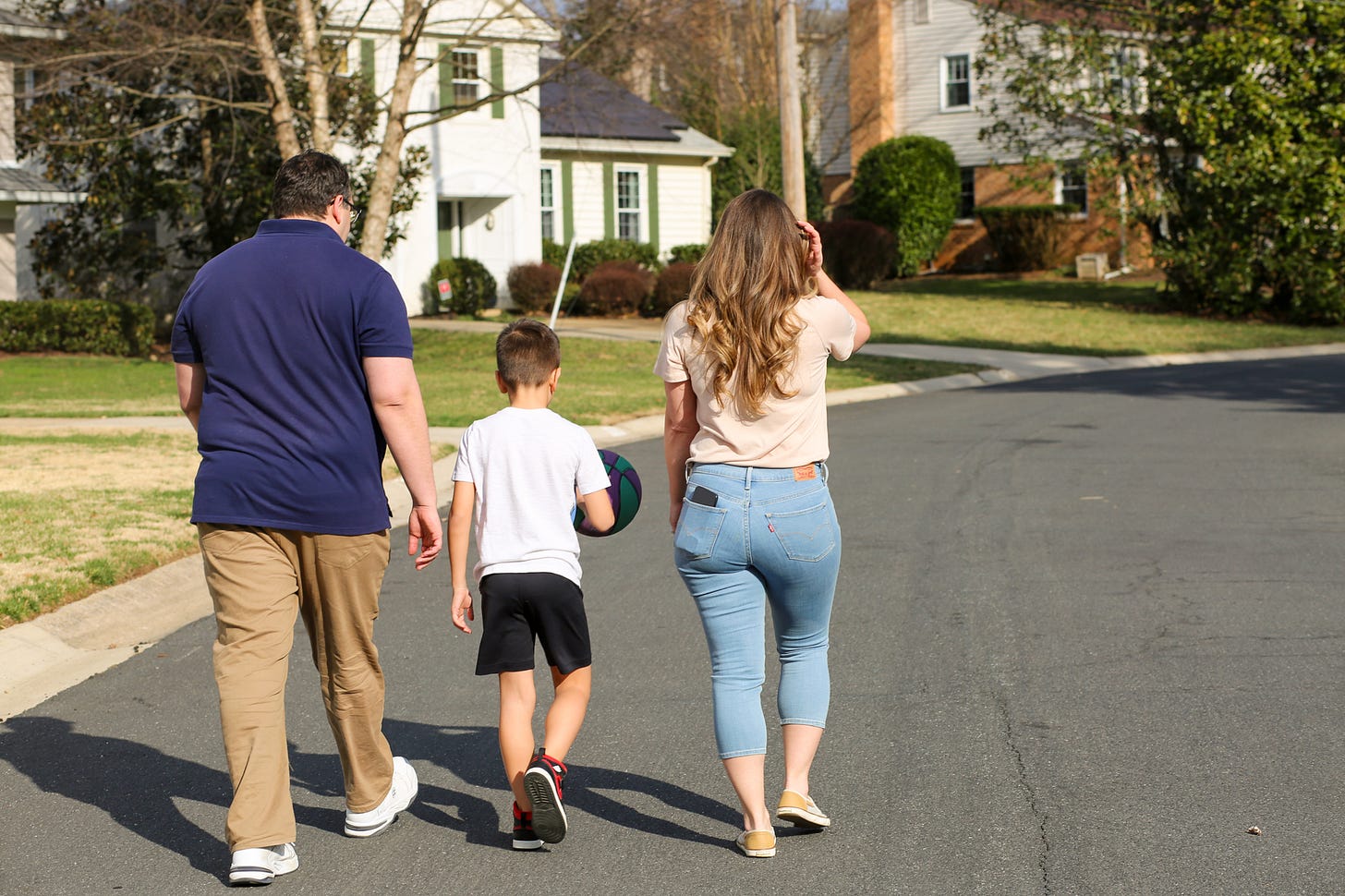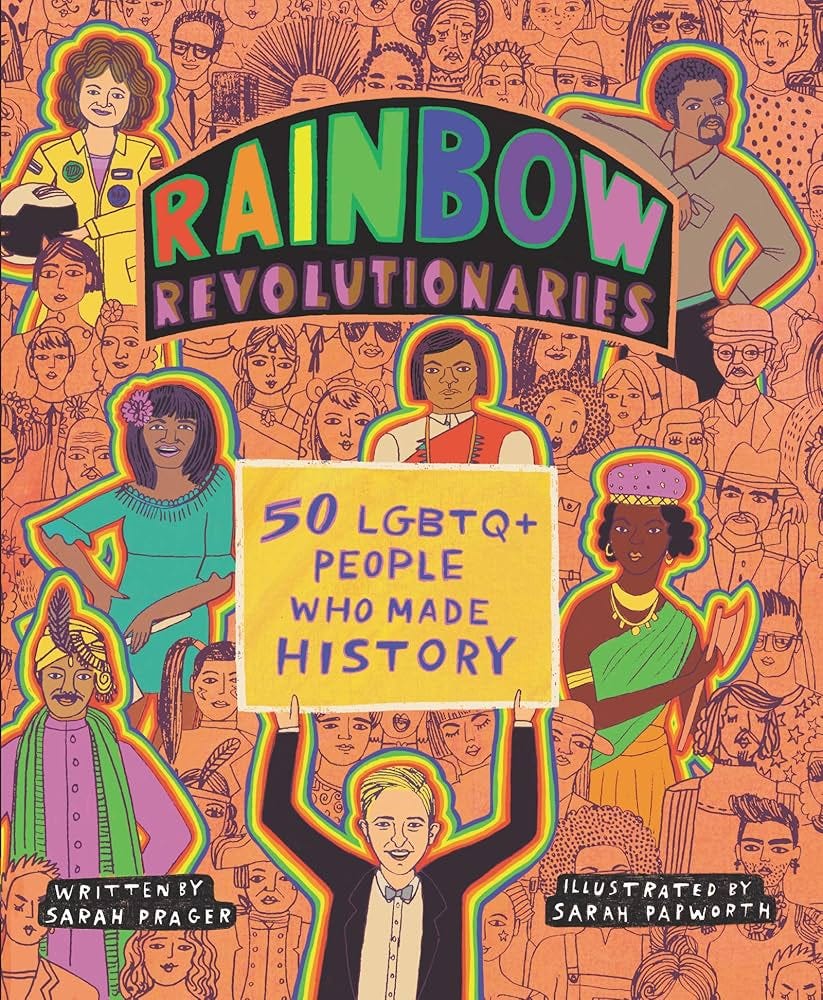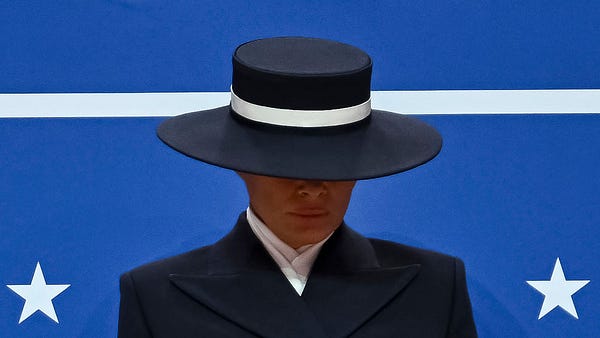
The Free Press

On Tuesday, the Supreme Court will hear arguments in the case of Mahmoud v. Taylor, which pits Montgomery County Public Schools (MCPS) in Maryland against a group of parents who believe the school district has violated their parental and religious rights. It is, by far, the biggest legal flashpoint in the ongoing cultural battle over what control parents have over what their children can be taught in public schools.
Although the parents have lost in the lower courts, the Supreme Court’s current 6–3 conservative majority gives them hope that this time, the outcome will be different.
“We are eager for the Court to recognize that parents are the primary teachers of their children and that schools must work with us, not against us,” said Billy Moges, one of the plaintiffs in the case.
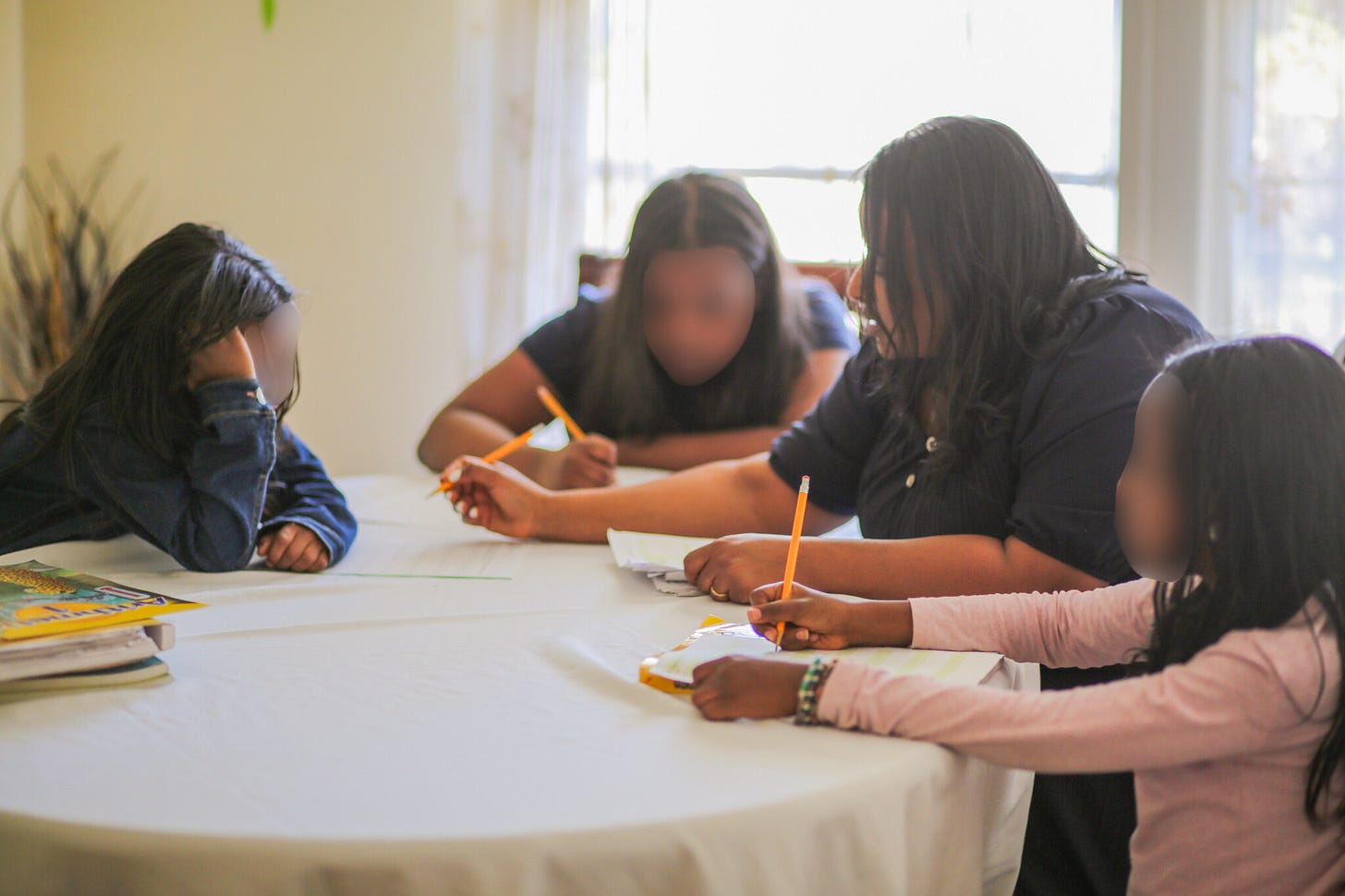
“We are hopeful that the Court will let kids be kids and let parents guide their religious futures,” said Grace Morrison, another plaintiff.
For more than a decade, of course, parents across the country have fought, both in court and in the political arena, with school districts as they’ve tried to ensure that their religious beliefs are not violated in the classroom. But this is the first time such a case has reached the Supreme Court. The stakes are high: A victory will enable parents—not just in Montgomery County but across the country—to engage with their local public schools without their religious traditions and beliefs being violated.
The Montgomery County case began in 2023, when the school district decided to introduce “inclusive books” into the elementary school curriculum. There was an immediate objection from a large contingent of parents, which included Muslims, Ethiopian Christians, Latter-day Saints, and Catholics. That February, one parent, Raef Haggag, a Muslim, received an email from the Montgomery County public school system informing him that all classrooms—including the first-grade class his daughter attended—would be adding “LGBTQ-inclusive texts approved for instructional use.” The email added: “There is an expectation that teachers utilize these inclusive lessons and texts with all students.”
When parents began examining the books in question, alarm bells went off. They included titles like Born Ready: The True Story of a Boy Named Penelope and Rainbow Revolutionaries: 50 LGBTQ+ People Who Made History. Haggag told me at the time that the books covered “sensitive topics we object to and don’t believe should be in our schools.”
At first, the school board allowed children to opt out of the lessons if their parents objected on religious grounds. But the next year, the opt-out was revoked. Very quickly, parents began to protest. Hundreds of families descended on school board meetings, and thousands signed petitions, making statements inside and protesting outside. “They’re trying to replace our values,” an Ethiopian Christian mother told me when I spoke to her during a rally at the time. “They’re not just pushing to read books. They’re creating an army of our kids. It’s a religion for them. I feel like as a Christian, my kids are getting rebaptized in another religion.”

Progressive Montgomery County officials, faced with the ethnically and ideologically diverse group of protesting parents—people they had long viewed as allies—were caught off guard. Alarmed by the number of parents protesting, not to mention the media attention, the school board blocked residents and members of the media, myself included, from entering the hearing room. (Disclosure: Along with another reporter, I filed a suit against MCPS for violating Maryland’s Open Meetings Act.)
Feeling they had no other recourse, families, including Muslims and Catholics—and led by the Becket Fund for Religious Liberty, a nonprofit law firm from Washington, D.C.—filed suit. It only took three months, however, for the district court to rule against them, saying that a public school curriculum that “conflicts with their religious views is not a fundamental right.” In May 2024, the Fourth Circuit Court of Appeals agreed. The Becket Fund then took the case to the Supreme Court, which, in January, agreed to hear it.
Until recently, in too many areas of the country, parents’ rights to have some control over what their children learned did not get much consideration from school boards. In one school district after another, angry parents found themselves ignored when they made the case that they should have the right to shield their children from certain books or teachings.
During the Biden administration, acting on complaints that these parents might pose a danger to school boards, Attorney General Merrick Garland went so far as to tell the FBI “facilitate the discussion of strategies for addressing threats against school administrators, board members, teachers, and staff.” The school lockdowns that took place during Covid caused millions of parents to become far more aware than they had been to what their children were learning in the classroom. Many of them weren’t pleased. A movement was born, led by Moms for Liberty and other conservative groups.
The Montgomery County case is the first time since 1972 that the Court has heard a case pitting religious beliefs against public education. In that case, Wisconsin v. Yoder, the Court ruled that despite Wisconsin law, Amish parents had the right to take their children out of school for religious reasons. The Montgomery case has the potential to extend parental rights based on religious belief. Colten Stanberry of the Becket Fund warns that if the Montgomery County parents lose, there is no limit to what MCPS could impose on their children; indeed, under the paradigm the school board created, Fifty Shades of Grey could become mandatory reading in Montgomery County schools—or anywhere else across the country, for that matter.
One of the plaintiffs, Grace Morrison and her husband, had homeschooled their first six children. But they placed their disabled 10-year-old daughter in public school because of the support the school system provided for special-needs children. But in 2023, the Morrisons, devout Catholics, felt they were religiously compelled to remove their daughter from school. That decision came at significant cost. Their daughter’s special education therapies, which the school provided for free, had to be privately financed, costing the family tens of thousands of dollars. Taking over their daughter’s daily care also required enormous parental time.
Given the hardships the family now faced, Stanberry believes the family may be eligible for financial damages from MCPS.
In a brief, Becket explained, “Because of her disabilities, their daughter’s ability to make independent judgments is impaired, making her particularly impressionable.” An amicus brief filed by Jaco Booyens Ministries expanded on that concern: “Beyond the constitutional infractions, the policy exposes children to increased risks of grooming and exploitation.”
As oral arguments begin on Tuesday before the Supreme Court, several dozen Montgomery County parents plan to stage a rally on the Courthouse steps. “The Court has the chance to restore common sense and parents’ rights to guide the upbringing of their children and we are hopeful the opt-out will be reinstated,” Stanberry told me.
The Supreme Court is expected to rule on the case in late May or June.
Bethany Mandel is the co-author, with Karol Markowicz, of Stolen Youth: How Radicals Are Erasing Innocence and Indoctrinating a Generation, and writes for The Mom Wars Substack. Read her earlier coverage of the fight between parents and the Montgomery County Public Schools here:
On Thursday, a Maryland district court sent a clear message to parents at Montgomery County Public Schools: you don’t get a say in what your kids read at school.

